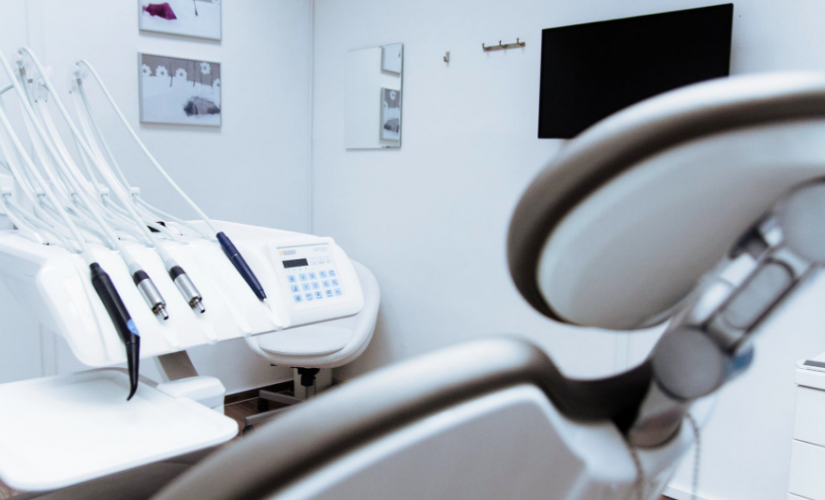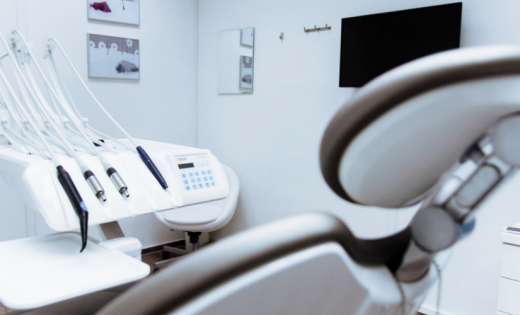How Tech Will Shake Up Healthcare in 2020
How Tech Will Shake Up Healthcare in 2020

Technological advancements have improved nearly every industry over the years, but there’s one field where those upgrades have been felt more acutely. In the healthcare industry, lives are being saved thanks to the new tools available to doctors and technicians.
Artificial intelligence, for example, can spot neurological problems in CT scans faster than any radiologist. Student doctors and surgeons are using augmented reality tools in their training. Wearable devices can track a diabetic’s insulin levels in real time. Such developments open new possibilities for treatment and care for patients the world over.
The past year yielded further advancements in medical technology. Telemedicine practices helped doctors connect with top-rated specialists. Blockchain technology eased the transfer of healthcare records while keeping patient data safe. Indeed, some of the biggest healthcare trends of 2019 were about making the industry more accessible and agile.
What can the healthcare industry expect from technology in 2020? Here are three trends to watch:
The Race for Improved User Experience
Technology has provided healthcare professionals with a range of ways to improve patient care. Electronic health records give doctors access to full medical histories at the click of a button. Barcode scanners make prescriptions easier to fill. Radio frequency identification technology offers more reliable information about patient vital signs.
But all of these applications require a good mobile interface, which presents the next horizon in enhanced patient care. The right mobile infrastructure can improve device lifecycle, security, and logistics while making patients’ lives easier. Mobile advancements have already made portable ultrasound technology more accessible and improved Parkinson’s diagnoses.
Mobile technology is set to further shake up the industry in the next year. Jim Xiao, the founder and CEO of Mason, which provides mobile infrastructure-as-a-service to growing companies, expects the demand for mobile infrastructure to grow. Xiao says that “enterprise customers will be hungry for better end-user experiences.” For hospitals, that means “better patient engagement.”
Stronger Ties Between Big Tech and Healthcare
Google has backed almost 60 health-related enterprises since 2009, and the company’s interest in the industry shows no signs of abating. In November, the company announced the purchase of Fitbit, with Google spokeswoman Heather Dickinson emphasizing that the acquisition was “primarily about selling devices and services, not advertising.”
The other three members of the “Big Four” have also made significant investments in the industry. Apple devices can track diseases and provide vision and hearing tests. Amazon Web Services has gone in hard on healthcare cloud computing. Microsoft is betting on AI to transform healthcare.
All four companies regard healthcare as an ongoing concern, so expect to see their involvement increase in 2020.
The Growth of Cyberthreats
Thanks to continuing innovation, an ever-growing number of life-saving medical devices are now connected to mobile technology and the cloud. Connectivity helps engineers identify device faults and makes it easier for patients and clinicians to access medical data. But connectivity also carries a risk: cyberattack.
Adam Kujawa of Malwarebytes Labs considers healthcare organizations to be “especially vulnerable” to cybersecurity breaches. “These organizations have suffered due to antiquated equipment and underfunded IT departments,” Kujawa says, cautioning that “ransomware is looking to penetrate healthcare organizations from several different angles.”
Healthcare is already the seventh-most targeted industry for cybercriminals, and the number of detected attacks rose from 14,000 to 20,000 during the third quarter of 2019. With many providers failing to implement proper security protocols, researchers expect those figures to climb in the year ahead.
The risk of cyberattacks is one of the downsides of the connected healthcare world, but it shouldn’t stop healthcare providers from investing in technology. New technologies are improving physicians’ ability to diagnose and treat medical issues, and they take the healthcare industry out of hospitals and into people’s everyday lives. With healthcare users demanding improved experiences, the role of technology will only grow in 2020.
The post How Tech Will Shake Up Healthcare in 2020 appeared first on ReadWrite.
(28)


